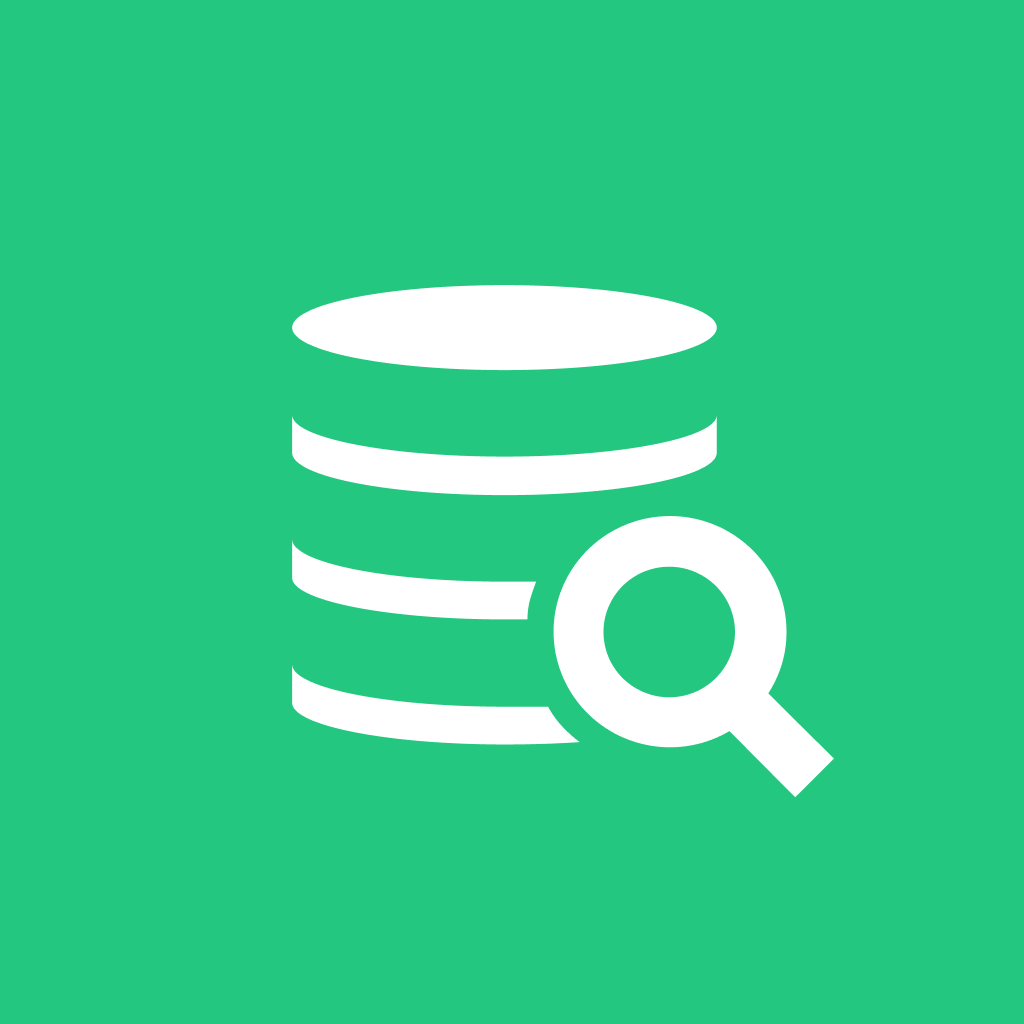Database Migrations Explained for Developers and Tech Teams
 DbVisualizer
DbVisualizer
Database migrations are crucial for digital transformation. As apps grow and tech stacks evolve, databases must follow suit. Whether adding features, improving speed, or moving to a cloud platform, this guide outlines how migrations work and what developers should know.
Key Migration Approaches Developers Should Know
Schema Migration
Involves changing table structures — adding fields, renaming columns, or adjusting types.
Example:
ALTER TABLE Orders ALTER COLUMN order_date SET DEFAULT CURRENT_DATE;
It keeps your schema aligned with new application features.
Data Migration
Data migration focuses on the actual records, not structure, and is common when switching engines or modernizing.
Example:
INSERT INTO archive_orders (id, amount)
SELECT id, price FROM old_orders;
Use tools like pg_dump, CSV exports, or ETL platforms for safe, controlled moves.
Advanced Strategies
For mature systems, you’ll need to:
Optimize indexes
Define relationships
Split tables for normalization
Enforce constraints
Example:
ALTER TABLE products ADD CONSTRAINT unique_sku UNIQUE (sku);
Tools to Automate the Process
Manual migrations don’t scale well. Use:
Flyway – For SQL-based versioning
Django ORM – Auto-generates migration scripts
Liquibase – For structured changelogs
AWS/Google/Azure DMS – Managed cloud migrations
FAQ
Why migrate databases?
To improve performance, reduce costs, adopt cloud, or modernize data models.
How should I start?
Audit current systems, define goals, back up your data, and test everything before production.
What are common tools?
DMS (AWS, Azure, GCP), Flyway, Liquibase, Django ORM, SQL Server tools.
How do I avoid issues?
Use staging environments, automate where possible, validate outputs, and always back up.
Conclusion
A clear migration strategy, backed by modern tools, reduces friction and ensures safe transitions. Whether moving data, restructuring schemas, or shifting to the cloud, good planning pays off. Dive deeper into real-world techniques in the introduction to Database Migration: A Beginner's Guide.
Subscribe to my newsletter
Read articles from DbVisualizer directly inside your inbox. Subscribe to the newsletter, and don't miss out.
Written by

DbVisualizer
DbVisualizer
DbVisualizer is the database client with the highest user satisfaction. It is used for development, analytics, maintenance, and more, by database professionals all over the world. It connects to all popular databases and runs on Win, macOS & Linux.